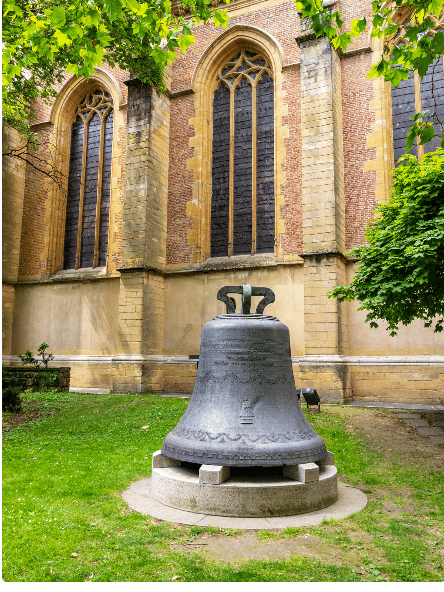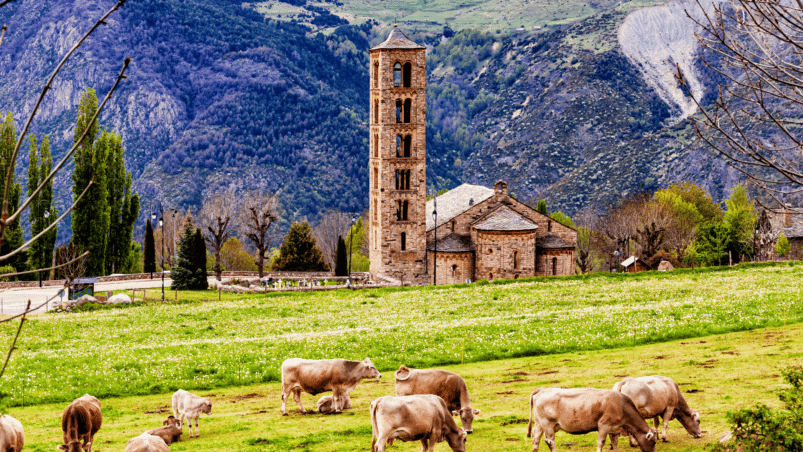Over the past months, several European countries are trying to find out how they can defend their so-called “sensory heritage”. While France passed a law on protecting sounds and smells that characterise natural and agricultural spaces, Spain and Luxembourg hope to preserve urban and cultural soundscapes, namely the ringing of church bells.
The sounds of bells or a crowing rooster can be classified as intangible heritage according to UNESCO’s intangible heritage convention. But how can sensory heritage be protected? And what is it in the first place?
Experiencing heritage
We experience the world around us through our senses. But that does not make every experience we have sensory heritage, according to environmental blog Down To Earth. These encounters at a particular place form “an interaction with our immediate environment that, over time, become part of its social and ecological history, and ultimately its identity.”
In other words, specific experiences create a specific identity. When you roam across the French countryside, the smell of cows and the sound of a rooster is part of the experience of being in a rural landscape. Meanwhile, these sounds and smells became part of the identity of French farmers.
The right to crow
At the time of writing, France is the only country legally protecting a local soundscape by law. This happened when longtime rural residents and newcomers got into a conflict over typical countryside noises and smells. It is seen as part of a larger clash between rural traditions and the spread of urban culture. After a court battle, the French state decided to protect the countryside’s smells, noises, and sights. (Text continues below video)
Spain wants to protect parts of its national soundscape as well. In April, the Spanish Ministery of Culture and Sport applied for “the manual ringing of bells” to become a protected Unesco World Heritage Site, Euro Weekly News reported. The country hopes other nations interested in this intangible heritage will follow since “the manual ringing of bells is the soundscape of Spain’s cities and towns and is a language of universal understanding that unites so many countries and continents”, El Confidencial wrote.
From whom the bell tolls

Spain can probably count on the support of Luxembourg. Politicians in the tiny Grand Duchy recently filed a parliamentary enquiry to find out how Luxemburg’s bells can become protected heritage, news platform RTL reported. Luxembourg’s Minister of Culture Sam Tanson responded that bells are automatically protected if the building is listed.
The minister added that if people want their local bells to be protected, they need to file a request highlighting their role as living cultural objects. However, the existence of such a national inventory will technically not provide full legal coverage for the bells. The decision to use a bell will always come down to the respective owners of the object.
Legal battles
It might be a matter of time that other European countries will start to preserve their sensory heritage. But the question remains, how will they provide protection? Via supra international institutes like Unesco, or national law like France? It will surely provide lawyers with some interesting legal battles.
Source: Down to Earth, El Confidencial (Spanish), Euro Weekly News, RTL and UNESCO

